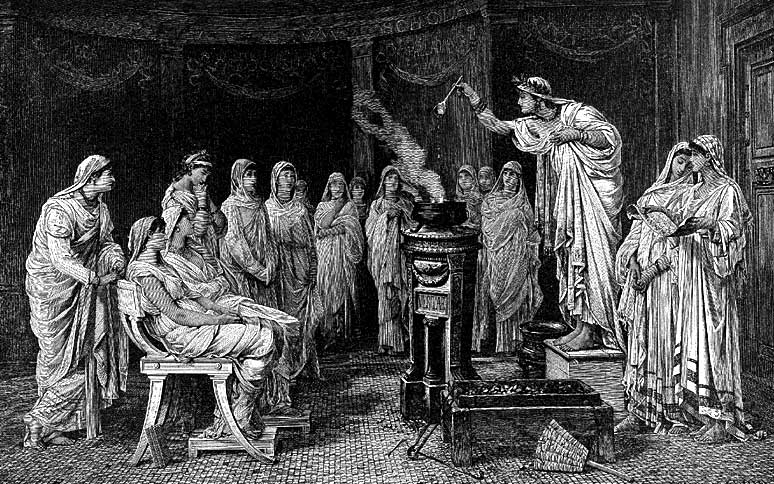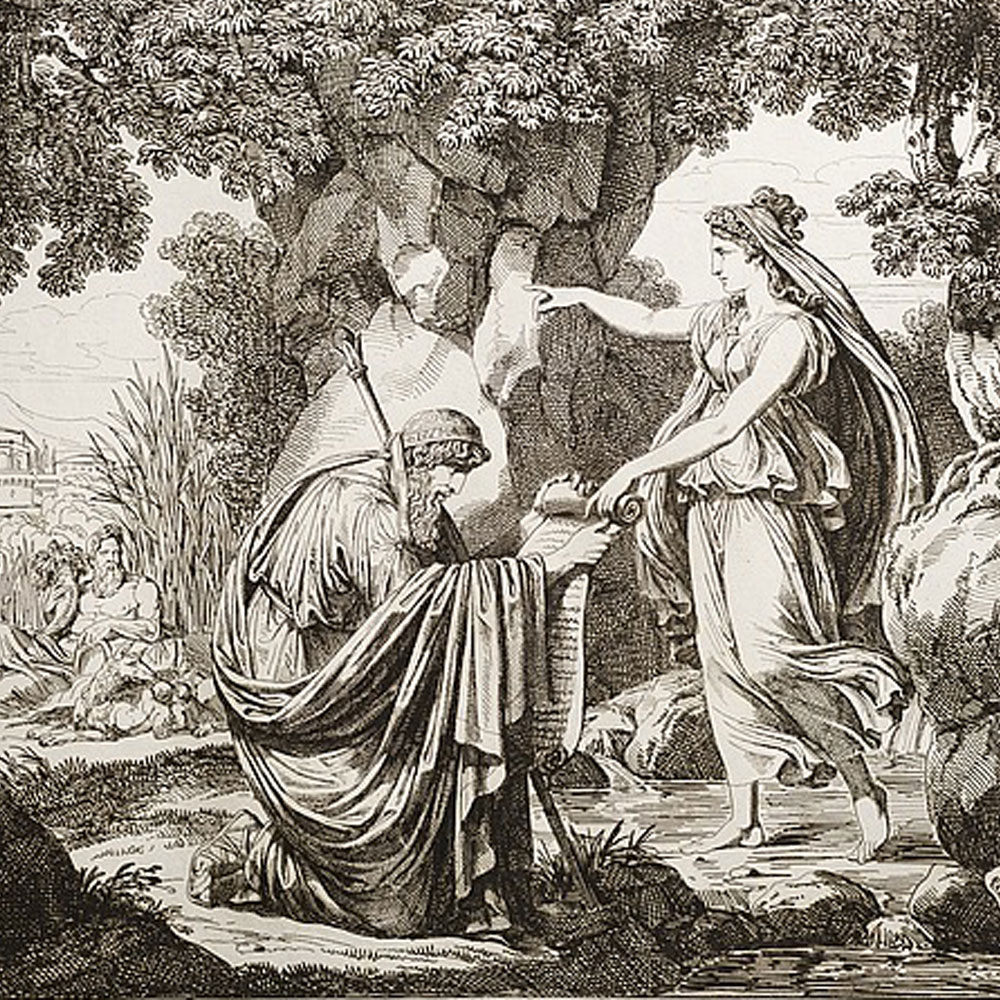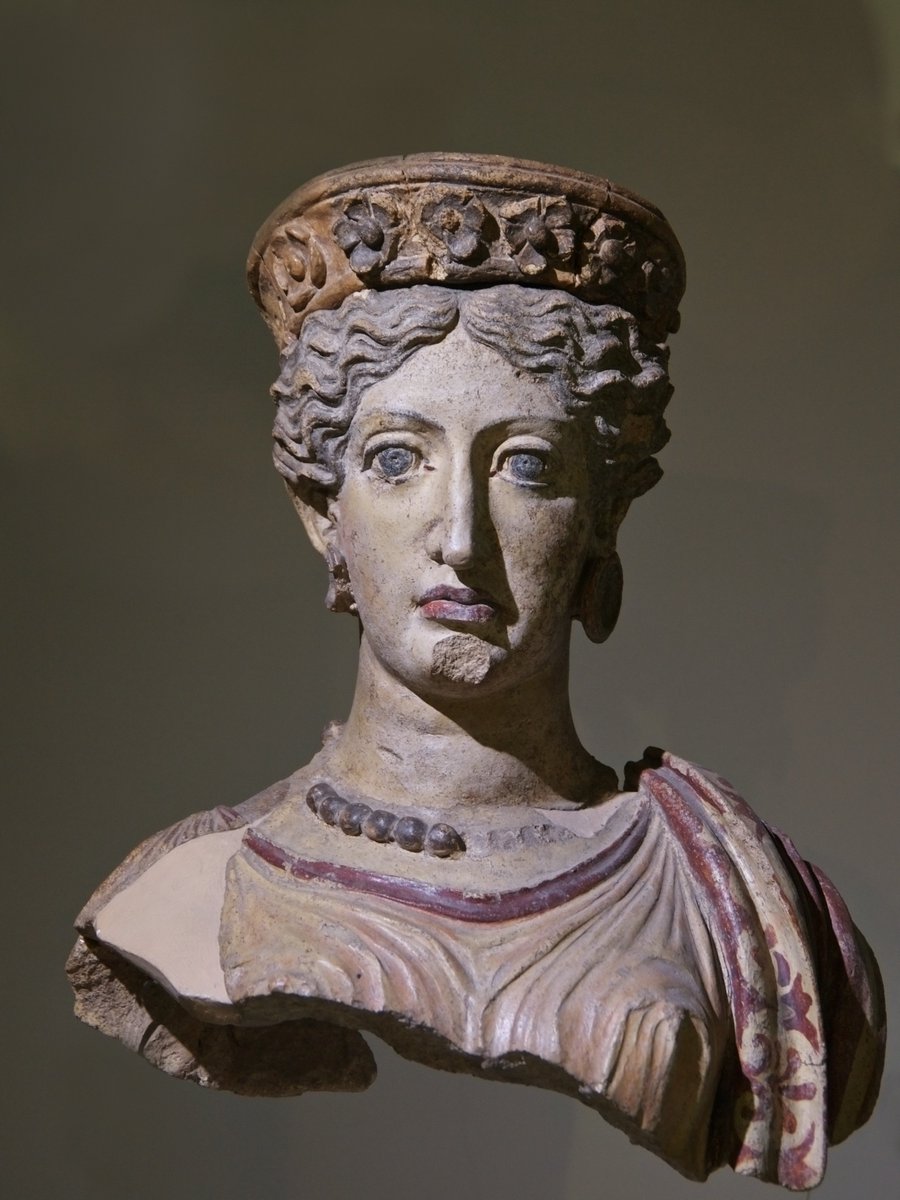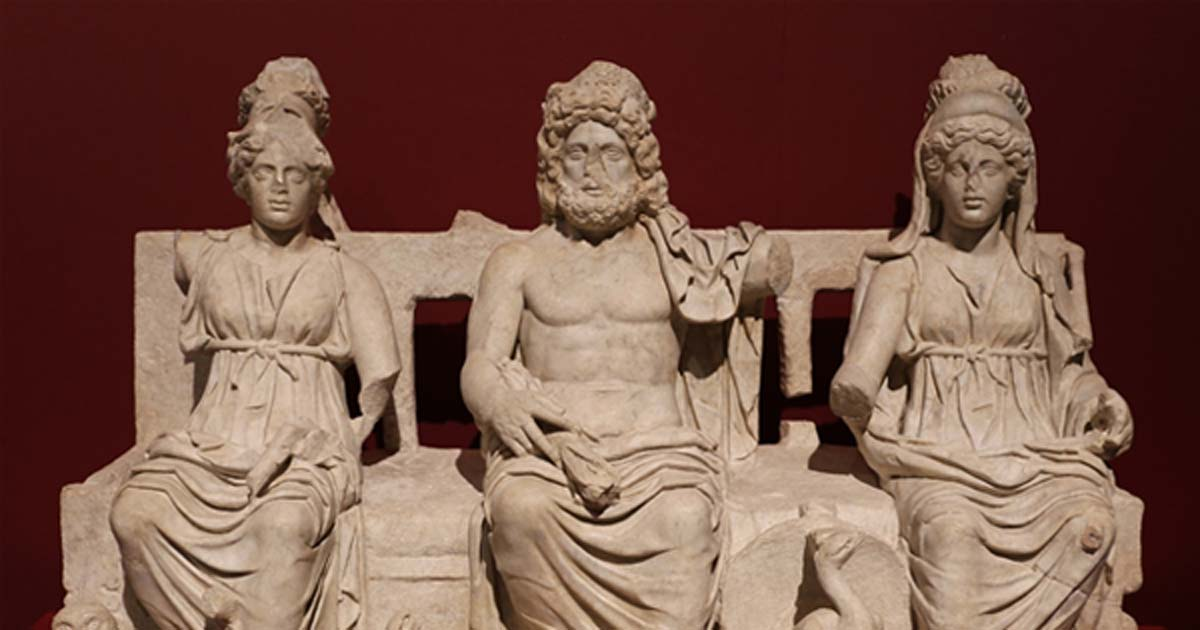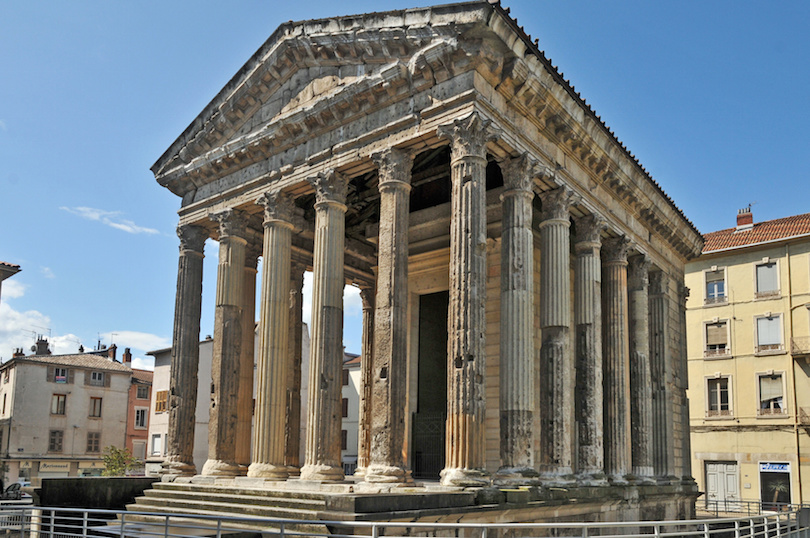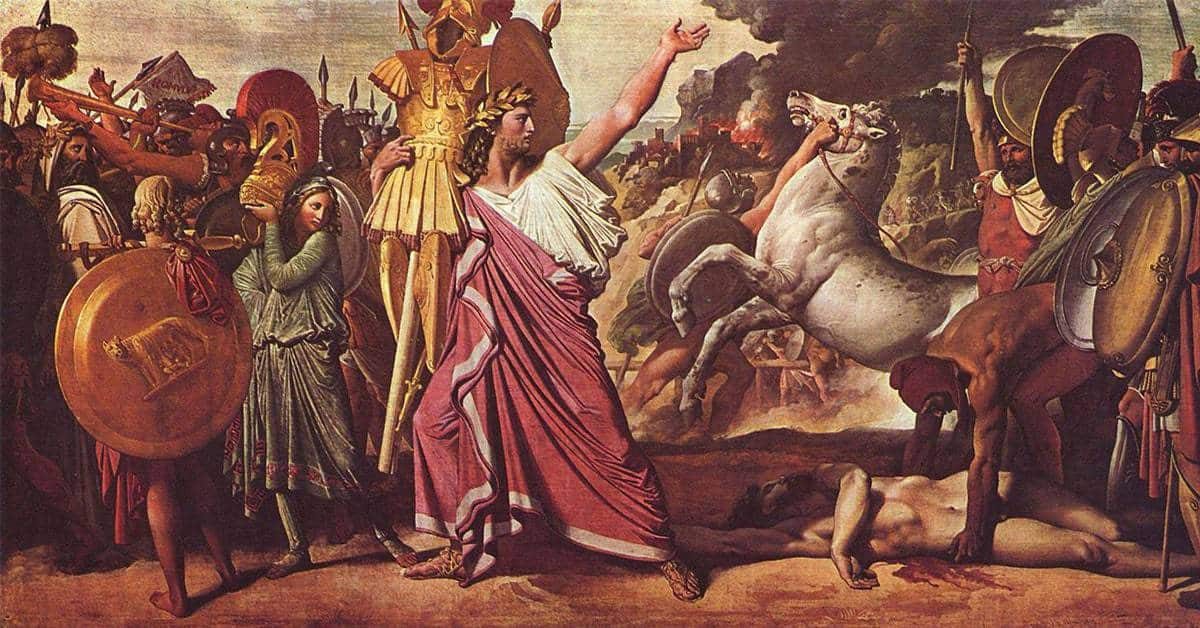𝐅𝐨𝐫𝐞𝐢𝐠𝐧 𝐢𝐧𝐟𝐥𝐮𝐞𝐧𝐜𝐞𝐬 𝐨𝐧 𝐑𝐨𝐦𝐚𝐧 𝐫𝐞𝐥𝐢𝐠𝐢𝐨𝐧
With the foreign influence, Roman religion slowly changed from animism to the anthropomorphized version of deities which prevailed in the Mediterranean world.
With the foreign influence, Roman religion slowly changed from animism to the anthropomorphized version of deities which prevailed in the Mediterranean world.
Romans had a practical and animistic view on religion which was shown through many deities who would change themselves or their attributes depending on the situation. https://twitter.com/sentona97/status/1282800124213768192">https://twitter.com/sentona97...
This is something we see also with, for example, the Etruscans whose deities change attributes very often, depending on the situation they are in. That’s how they can change genders and their meanings, because in the early stages they didn’t have a human form.
From the early stages of the Roman world, in the “religion of Numa”, different deities would start being implemented in the pantheon. This process happened first when deities from surrounding italic tribes were accepted and later on it was from Greeks and other cultures.
Because of this, some deities that are interpreted as purely Roman, were actually implemented in the pantheon in the early stages of the religion. Romans had a view on religion which can be explained as animism, for every action there was an attribute of deities for it.
For Romans, deities were ones who had to serve their purpose. If the purpose wasn’t served even if you gave sacrifices, they would try their luck from another deity or the manifestation of the same deity. This is one of the reasons why many foreign deities and cults were popular.
Romans would also implement deities of people they were in war with. This was done in order to attract deities on their side, so they can leave their enemies and be victorious. Good example from this is accepting the Juno from the Etruscan city of Veii when they were in war.
In the early stages, Roman religion was animistic but with interpretatio romana, foreign influences started being implemented and it changed their religion. Under the influence of the Etruscans, Romans had triads of gods. Relatively early it was Jupiter, Mars, Quirinus…
...and later on arose triad of Jupiter, Juno and Minerva. Until the Etruscan domination Romans didn’t build temples – deities were represented only symbolically. So the stone was the place of Jupiter, where spear was thrown was the place of Mars, fire was Vesta and so on...
It’s believed that the Etruscan kings were the first ones to build the temples and statues of gods. Building of the temple of Jupiter, Juno and Minerva on the Capitoline Hill marked a big change in the Roman religion – from that time the gods are slowly anthropomorphized.
From the early stages of the Roman world, Greeks had an influence on Roman religion. Greek deities, rituals and religious views were taken from the Greek cities in Campania and south Italy. Many Roman gods were identified with Greek gods, which then was a common practice.
Roman pantheon was, in the end, practically identified with the Greek pantheon so the Greek legends and myths had a Roman variant. The most important influence of the Greeks was the anthropomorphization of the Roman gods and the change in religious perspective.
With time, Greek influence dominated, especially in the Hellenistic era, when the temples and sculptures started being very much alike the ones from the Greek world. Romans brought in Rome, after the conquest of Greek cities, Greek sculptures of gods which were placed in temples.
Even though there were many changes in religion with foreign influences, Romans still had their original festivals, which became incomprehensible even to the Romans due to the degradation of religion. Even though it was changed, religion in its essence remained the same.
Among the patricians there were many views on religious aspects. In Rome there is the work of Euhemerus who thought gods were men who lived earlier. Philosopher Panaetius, who was sceptic in religious views, was close to Scipio Aemilianus who carried on with religious traditions.

 Read on Twitter
Read on Twitter